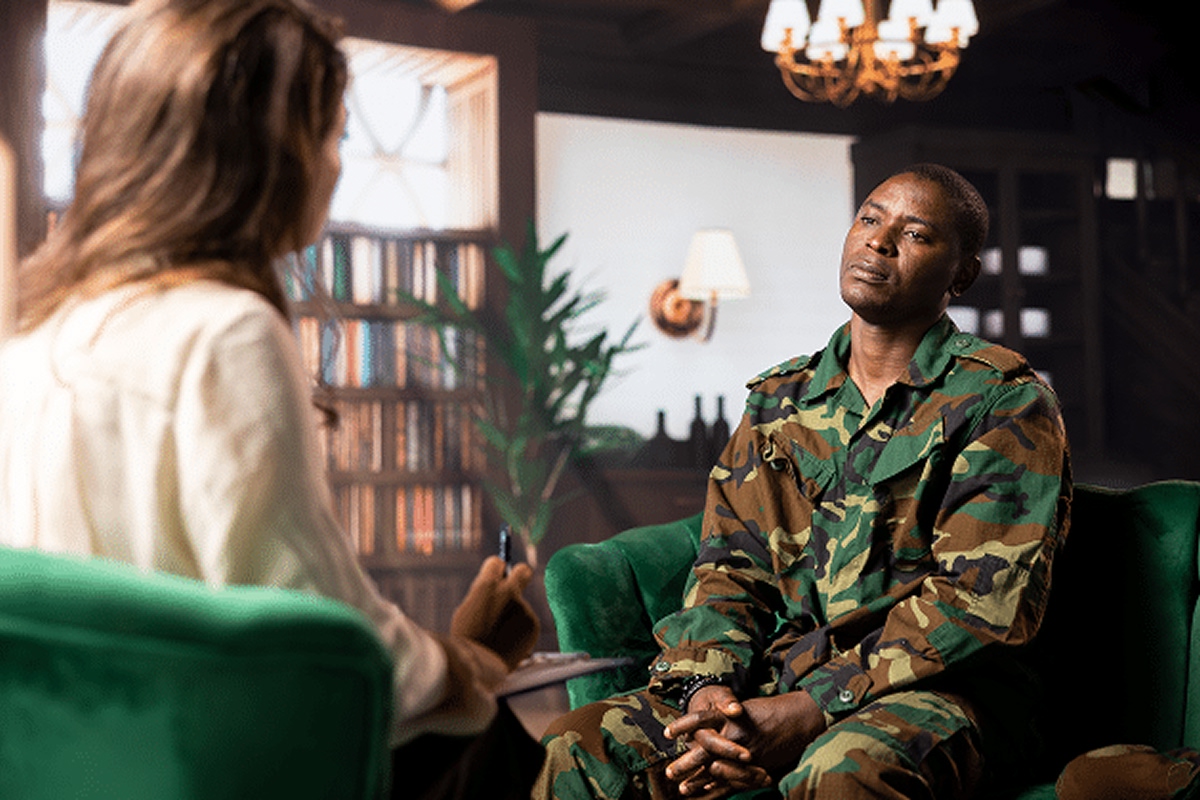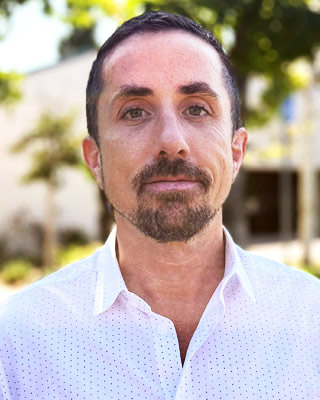Key Takeaways
- Veterans face higher risks for PTSD due to combat, trauma, and transition stress.
- Effective care for Veterans struggling with PTSD combines therapy, medication, and holistic support.
- 12 South Recovery in Lake Forest offers specialized treatment and family-centered care for veterans struggling with PTSD.
Standing Strong Together
Military service changes lives forever. For many veterans, the return home brings silent battles with PTSD that can feel just as intense as combat. According to the U.S. Department of Veterans Affairs, an estimated 11–20% of veterans from the Iraq and Afghanistan wars have PTSD. Other service members from Vietnam, the Gulf War, and different deployments also experience lasting symptoms.

PTSD in veterans is a serious mental health condition that develops after experiencing or witnessing traumatic events during or after military service. These events may include direct combat, exposure to life-threatening situations, witnessing injury or death, or enduring military sexual trauma. For many veterans, these experiences leave lasting imprints that resurface long after returning home.
PTSD can feel like the trauma never truly ended. Veterans may struggle with intrusive memories, vivid nightmares, or flashbacks so intense they feel as though the event is happening all over again. They often go out of their way to avoid reminders, steering clear of crowded places, loud noises, or even conversations that trigger painful memories.
Many veterans live with heightened alertness, constantly scanning their environment for danger even in safe spaces. This hypervigilance often leads to poor sleep, irritability, and difficulty relaxing with family or friends. Simple tasks like grocery shopping, driving, or attending a social event can trigger anxiety or panic. Relationships may suffer because loved ones don’t fully understand the ongoing sense of danger veterans feel.
For example, a veteran may feel intense anxiety during fireworks on the Fourth of July, as the sudden blasts and bright flashes bring back combat memories. Another may struggle with sleep due to persistent nightmares, leading to fatigue and difficulty functioning during the day. These experiences show how PTSD affects not only emotional health but also everyday routines.
For some, symptoms begin soon after leaving the military. For others, PTSD emerges years later, sometimes triggered by a new stressful event. Without treatment, these patterns can interfere with work, relationships, and overall recovery. With proper therapy and support, however, veterans can learn effective coping skills and regain a sense of safety in their daily lives.
Why Veterans are at Higher Risk for PTSD
Veterans face higher rates of PTSD due to:
- Combat exposure: Direct involvement in life-threatening situations.
- Military sexual trauma: Incidents of assault or harassment during service.
- Extended stress: Long deployments and repeated exposure to trauma.
- Transition challenges: Returning to civilian life can increase vulnerability.
The constant readiness required during service can make it difficult for the nervous system to reset. This leaves veterans more likely to develop trauma-related conditions than the general population
What are the Symptoms of PTSD in Veterans
PTSD symptoms can vary but commonly include:
- Intrusive symptoms: Flashbacks, nightmares, distressing memories.
- Avoidance: Steering clear of people, places, or conversations that trigger memories.
- Mood changes: Feelings of guilt, anger, or detachment from others.
- Hyperarousal: Difficulty sleeping, irritability, exaggerated startle response.
For veterans, symptoms often appear in daily life as trouble holding jobs, relationship struggles, or withdrawing from family and friends.
How PTSD Affects Veterans’ Mental Health and Daily Life
PTSD reaches far beyond flashbacks or nightmares. It affects nearly every area of a veteran’s life, shaping how they think, feel, and interact with the world. For many, the impact is felt both internally and outwardly in relationships, work, and overall health.
On a psychological level, veterans with PTSD often face higher rates of depression and anxiety, sometimes accompanied by irritability or emotional numbness. To cope with overwhelming emotions, some turn to substance use, which may bring temporary relief but deepens long-term challenges.
Employment can be another hurdle. Difficulty concentrating, sleep problems, or sudden anger may interfere with holding steady jobs. This can lead to financial stress, which further intensifies symptoms. At home, marriages and family relationships can become strained. Loved ones may feel shut out when the veteran withdraws, or startled by sudden mood changes they don’t fully understand.
Daily life tasks that most people take for granted can feel like constant battles. A crowded grocery store may trigger panic, or a loud noise in traffic might feel like a life-threatening event. Even joyful moments, like attending a child’s school play or a holiday gathering, may be avoided out of fear of being triggered.
Without proper support, these difficulties often worsen over time, creating cycles of isolation and frustration. But with therapy, treatment, and family involvement, many veterans rebuild confidence, find healthier coping skills, and restore meaningful connections in daily life. At 12 South Recovery, we help veterans address these challenges with structured therapy and community support that make recovery both achievable and lasting.
Treatment Options for Veterans with PTSD in Lake Forest
Veterans in Lake Forest have access to effective treatment options through both community programs and specialized centers like 12 South Recovery. Care includes:
- Psychotherapy: CBT, DBT, EMDR, and trauma-focused therapy.
- Medication management: Prescribed when necessary to ease symptoms.
- Group therapy: Peer support from other veterans who understand.
- Holistic care: Yoga, mindfulness, and nutrition support for whole-person healing.
Each treatment plan is customized to the veteran’s symptoms, history, and goals.
Therapies for Veterans with PTSD
The most effective therapies for veterans with PTSD include:
- Cognitive Behavioral Therapy (CBT): Addresses unhelpful thoughts and behaviors.
- Dialectical Behavior Therapy (DBT): Teaches emotional regulation and coping.
- Eye Movement Desensitization and Reprocessing (EMDR): Processes traumatic memories in a safe, structured way.
- Family Therapy: Helps loved ones understand PTSD and support recovery.
At 12 South Recovery, therapy is combined with skill-building to improve communication, reduce stress, and strengthen resilience.
VA and Community PTSD Treatment Resources in Lake Forest, CA
Veterans can access PTSD treatment resources in Lake Forest through:
- VA services: Including counseling, medical care, and veteran support groups.
- Community programs: Local nonprofits and mental health centers.
- 12 South Recovery: Offering both clinical therapies and holistic programs tailored for veterans.
These resources work best when veterans feel supported by both professional care and their local community.
The Role of Family Support in PTSD Recovery for Veterans
The family is key to a successful recovery from PTSD. Family and community support can:
- Enhance communication and reduce misunderstanding.
- Increase stability and trust within the home.
- Inspire veterans to remain active in therapy and treatment.
At 12 South Recovery, family therapy sessions offer an opportunity to fill in the gaps and reduce conflict to develop a common way forward.
How 12 South Recovery Helps Veterans with PTSD
At 12 South Recovery in Lake Forest, CA, we offer a client-centered approach to treating veterans with PTSD. Our programs include:
- Individual therapy to process trauma safely.
- Group sessions with peers for shared healing.
- Family therapy to strengthen relationships.
- Holistic methods like yoga, mindfulness, and art therapy.
We partner with each veteran to identify the root causes of trauma, build coping skills, and create a clear path toward long-term recovery.
Find Healing and Support in Lake Forest
At 12 South Recovery, we know the strength it takes to face PTSD. Our team is here to provide evidence-based care, family support, and holistic programs that restore balance and hope.Let’s walk with you on the path to healing and a brighter future. Call 12 South Recovery Today!































